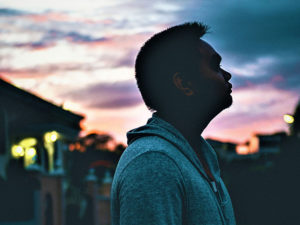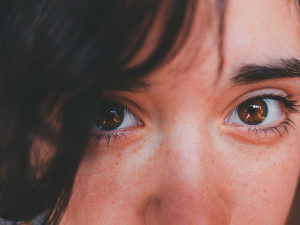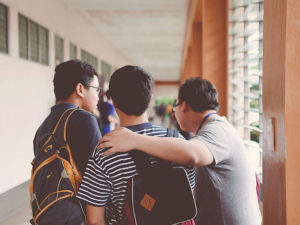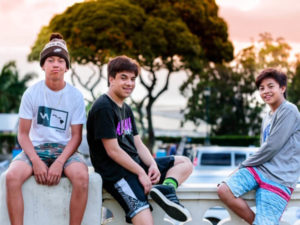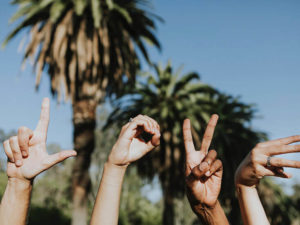‘Ike aku, ‘ike mai, kokua aku, kokua mai. Pela ihola ka nohona ‘ohana.

Protective Factors
“Recognize and be recognized, help and be helped, such is family life.”
This Hawaiian ‘ōlelo no‘eau reminds us of
the importance of the family unit, and that
each person matters in the family.
Ohana is central to community life. Teens and pre-teens need to know that there is one adult in their life who believes in them and loves them unconditionally. That one caring adult does not have to be a parent or relative – it can be any adult in that young person’s life: relatives, neighbors, school teachers and staff, coaches, spiritual leaders, or community members. That one person can be you, and that can make all the difference.
Great relationships don’t just happen – we all need to nurture them. We can protect our children and youth by the simple actions we take every day: in our home, school, and community. We can all become extended ohana and help young people learn to “recognize and be recognized; help and be helped” and grow into resilient and capable young adults.
Challenge yourself to take one action, every day, for one young person in your life. You can make a difference!
For a comprehensive list of the 40 development assets identified by the Search Institute, please click here
Here are some of things you can do meet the needs of our growing youth
Welcome teens as valuable community members. When you see a young person, smile at them and say “hi.”
Support, encourage, and uplift youth in your daily interactions with them.
As a family, eat more meals together and turn off all cell phones. Really listen to your children and enjoy the conversation.
Check in on the teens and pre-teens in your life every day in person or through a text or e-mail. Show them that you care.
Help reduce their screen time, which can cause anxiety, and replace with other fun activities.
Help teens receive the support they need from non-parent adults – i.e. volunteer with or support quality youth activities or programs.
Ask young people for advice and involve them in decision making whenever possible.
Offer a random act of kindness: a compliment, a note, or a small gift.
Invite a teen or pre-teen to play a board game or other simple activity (ask permission from parents if not your own teen).
Model responsible adult behavior. Being a good role model also requires us to take responsibility, to consistently practice integrity, fairness, respect and to allow our youth’s voices to be heard.
Protect young people from dangers, such as guns, medication or unsafe areas.


